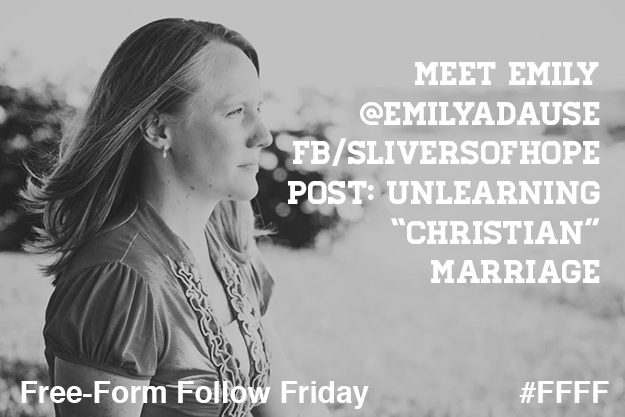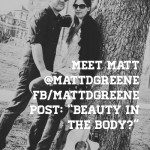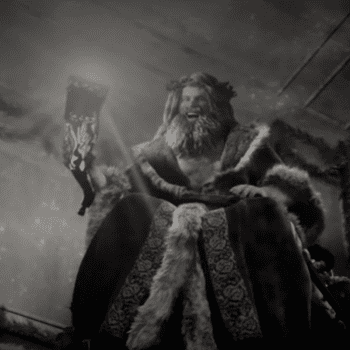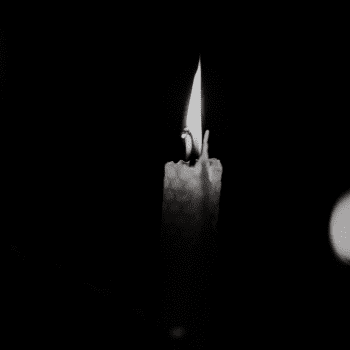I grew up believing that being married one day was a crucial part of my existence. Finding the man I was meant to be with would complete me.
I didn’t learn these ideas from Disney movies or pop music on the radio. I learned these ideas at church.
When sermons regularly focused on marriage, adults told me to listen and store the truth away for my future union.
Sunday School teachers shared their fervent prayers for their children’s future spouses.
Camp counselors drew diagrams to show me that the closer I and my future spouse drew to God, the closer we would be to finding each other.
I learned how beautiful it would be when my husband would lead me and our children with the sacrificial love of Christ.
Those pesky verses Paul wrote about singleness were an explanation for the strange phenomenon that some people stay single. The Bible had an explanation for everything.
The message was not that Christians could marry, it was that Christians should marry, Christians would marry. Christian marriage was a crucial witness to others.
The Bible, after all, begins and ends with a wedding, doesn’t it? Marriage was the first institution established by God, wasn’t it? Marriage is a picture of Christ and the church, right?
I didn’t question it. That is, I didn’t question it until the ideas about marriage that had always surrounded me almost caused me to seal an already unhealthy relationship with an engagement.
I believed God had told me I would marry the guy. We had prayed together, we had gone to church together, we had even memorized verses together. But somehow, as convinced as I was that it was right, it felt very, very wrong.
I had to start asking questions. These were painful, destabilizing, heart-wrenching questions. I had been told God wanted me to marry, that it was a part of his plan for me, that if two people were seeking him, he would bless them and make them one. But none of that matched with reality.
Years later, I am warily able to read my Bible again. I still notice the references to marriage that were so emphasized in my youth, but there is so much else that I read.
I read about the God who created the heavens and earth and who created humans so that they might care for and enjoy his creation. He created humans for one another so that they would not be alone.
I read about the consequences of the Fall, and see that Adam’s rule over Eve was a result of the Fall, not part of God’s plan for redemption.
I read about Jesus, an unmarried man, who lived a full life. I read about how he came to justify us through faith, which means there are no longer earthly separations like Jew and Greek or male and female.
I read Jesus’ response when asked which were the greatest commandments. He said the greatest commandments are to love God and to love my neighbor.
I read the imagery throughout the New Testament and especially in Revelation. There is an incredible variety of illustrations used to help cultural audiences imagine the coming Kingdom
I see other passages in a different light when I consider their ancient context. I realize many of the words written about cultural customs are not speaking to or about me.
Then, there’s what I learn through pure experience.
When people suggest I find a man who can lead me, I realize there is only One I follow. I am not floundering while I wait for an earthly leader.
When I question the idol made out of marriage, it makes some people very, very angry. When a simple inquiry brings out denials of such fervor, it causes me to even more so question what they are defending.
When I form relationships with people, romantic and otherwise, I realize the beauty and fruit that comes from people living and working together as capable equals.
If I marry someday, it will be in full knowledge of the freedom I have to make that choice. I will marry someone who wants to partner with me in our already progressing lives. If I don’t marry, I will continue my life as an already complete person.
I am grateful to be getting to know the God who makes that kind of redemption possible.
—
Emily A. Dause is a public school teacher and a freelance writer. She writes in the tensions between despair and hope, doubt and faith, and isolation and relationship–with as much grace and audacity as she can muster. She contributes to Evangelicals for Social Action, Converge Magazine and Sojourners, among others. You can connect with her on facebook
(facebook.com/sliversofhope) or twitter (@EmilyADause). She blogs regularly at her website, sliversofhope.com.













